First, the offering of free goods or services in exchange for the referral of patients or increased utilization should always be checked for compliance with the Federal Anti-Kickback Statute, Stark Law, and related state laws, such as the California Insurance Fraud Prevention Act. Despite the Centers for Medicare and Medicaid Services (CMS) issuing several “1135 Waivers” during the COVID-19 pandemic, which impact the AKS and Stark Law, “[p]roviders must meet specific requirements to take advantage of the waivers.”
For example, the U.S. Department of Health and Human Services, Office of the Inspector General (HHS-OIG) issued responses to various questions, with the caveat that the facts and circumstances may change the response and the liability. One question (and the answer) is particularly relevant to this article.
Q: Can clinical laboratories offer free COVID-19 antibody testing to Federal health care program beneficiaries who are contemporaneously receiving other medically necessary blood tests during the COVID-19 public health emergency?
A: (Posted August 4, 2020) - According to the facts presented, a clinical laboratory would provide free COVID-19 antibody testing to patients, including Federal health care program beneficiaries, who contemporaneously undergo other medically necessary blood tests performed by the laboratory. The laboratory's stated purpose for the arrangement is to increase patient awareness of antibodies to promote donations of COVID-19 blood plasma, which could be used for certain experimental convalescent plasma therapy treatments for COVID-19. The laboratory would not charge any patient or other payor for the COVID-19 antibody tests. Patients and physicians would be able to access COVID-19 antibody testing results through the laboratory's patient portal, and the results from the antibody testing program also would be reported to the Centers for Disease Control and Prevention and State public health agencies to further support COVID-19 surveillance and response efforts.
Providing free laboratory testing to Federal health care program beneficiaries implicates the Federal anti-kickback statute because the clinical laboratory would be providing something of value for free to beneficiaries who could self-refer to the laboratory for items and services reimbursable by a Federal health care program. The proposed arrangement also implicates the Beneficiary Inducements CMP because the free COVID-19 antibody testing could reasonably influence a Medicare or State health care program beneficiary to select—or to cause his or her physician to select—the clinical laboratory for other medically necessary blood testing that is reimbursable by Medicare or a State health care program, in order to qualify for the free COVID-19 antibody testing.
We believe the proposed arrangement offers the possibility of substantial public health benefits through the identification of additional potential convalescent plasma donors and valuable public health information and data and would pose a sufficiently low risk of fraud and abuse, provided the proposed arrangement includes the following safeguards: (1) the physicians ordering the laboratory tests, including the free COVID-19 antibody tests, would not receive any payments or anything else of value from the clinical laboratory in connection with the free antibody testing program; (2) the patients receiving the laboratory tests would not receive any payments or anything of value, other than the free COVID-19 antibody test, from the clinical laboratory in connection with the free antibody testing program; (3) the tests would be offered only to patients receiving other medically necessary blood tests as part of a medically necessary exam or treatment; (4) no payor, including the patient, a commercial insurance company, or a Federal health care program, would be billed for or pay any costs in connection with the COVID-19 antibody tests; and (5) the antibody tests are cleared or approved by the U.S. Food and Drug Administration (FDA) or are subject to an FDA-issued Emergency Use Authorization.
In other words, the five (5) conditions must be met in order to make this scenario unlikely to be prosecuted for violating the AKS.
The question still remains, what coding is appropriate? In April 2020, CMS-Ruling 2020-1-R was issued by CMS. Notably, the codes that need to be utilized, as well as the payment rate of $100 were expressly stated.
With regard to CDLTs that make use of high throughput technologies (as defined in this Ruling), are administered during the ongoing emergency period defined in paragraph (1)(B) of section 1135(g) of the Act beginning on or after March 18, 2020, for the detection of SARS–CoV–2 or the diagnosis of the virus that causes COVID–19, and are a type of CDLT currently paid for under Medicare Part B using CPT code 87635 or U0002, such tests, as identified using U0003 or U0004 as appropriate, shall be paid for at the rate of $100. Payment for all other CDLTs remains at the current level.
CMS intends to promptly evaluate payment for relevant CDLTs for COVID-19 testing that make use of high throughput technologies developed after this issuance upon request for payment at an appropriate rate.
Neither code CPT U0003 nor CPT U0004 is permissible for tests detecting COVID-19 antibodies. “It is noted that U003 should identify tests that would otherwise be identified by CPT code 87635 but for being performed with these high throughput technologies.”
To answer the initial question regarding the implications for the physician - bundling these various tests in order to maximize reimbursement and add on unnecessary tests (e.g., allergy tests) that are not related to COVID-19 could be considered upcoding by providers and result in civil and/or criminal penalties under the False Claims Act or a similar state statute, such as the California IFPA.
Medical Practice Supplies
VIEW ALL
 Manual Prescription Pad (Large - Yellow)
Manual Prescription Pad (Large - Yellow) Manual Prescription Pad (Large - Pink)
Manual Prescription Pad (Large - Pink) Manual Prescription Pads (Bright Orange)
Manual Prescription Pads (Bright Orange) Manual Prescription Pads (Light Pink)
Manual Prescription Pads (Light Pink) Manual Prescription Pads (Light Yellow)
Manual Prescription Pads (Light Yellow) Manual Prescription Pad (Large - Blue)
Manual Prescription Pad (Large - Blue)
__________________________________________________
Appointment Reminder Cards
$44.05
15% Off
$56.30
15% Off
$44.05
15% Off
$44.05
15% Off
$56.30
15% Off
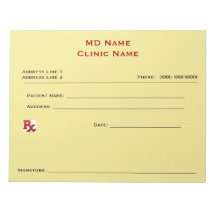
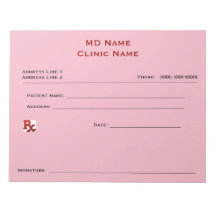
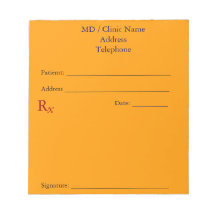
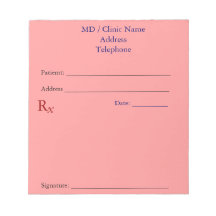
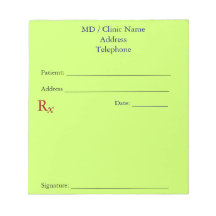
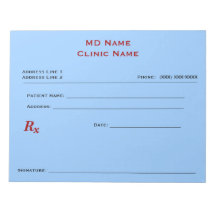
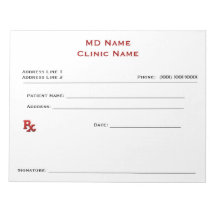
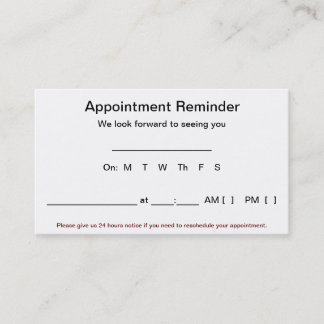
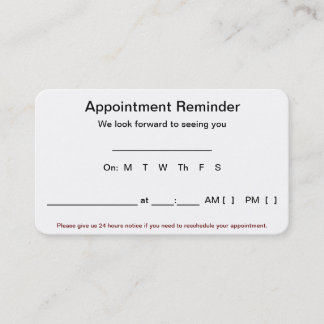
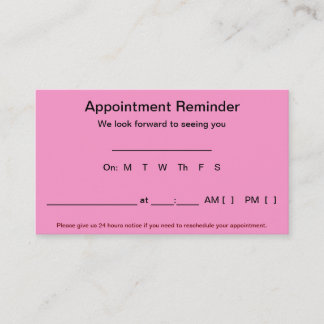
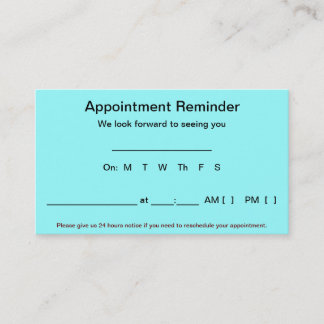
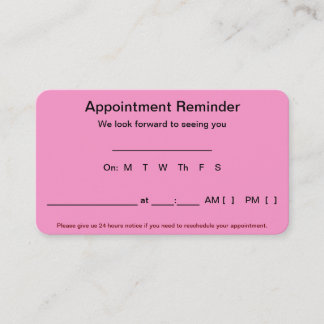
No comments:
Post a Comment